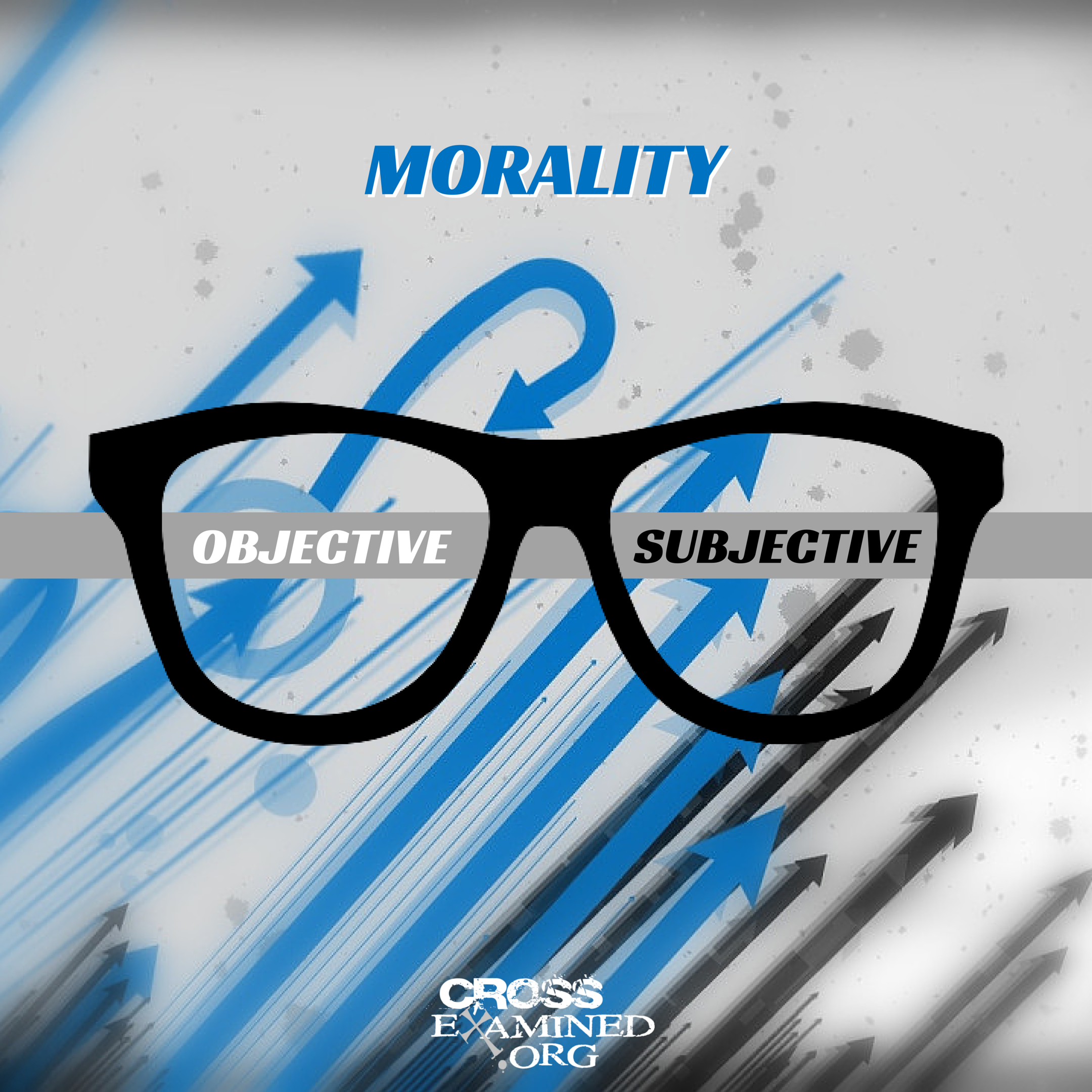Christians claim God is “all-powerful”. Does this mean He can accomplish anything? Skeptics often test this notion by offering the following challenge: “Can the all-powerful Christian God create a stone so heavy he cannot lift it?” The question highlights an apparent dilemma: If God cannot create such a stone (or cannot lift what He has created), He is not all-powerful. Does this apparent paradox prove an all-powerful Being cannot exist in the first place?
It’s true the Bible describes God as an all-powerful Being and often uses language that suggests that “nothing” is impossible for Him (as in Luke 1:37). At the same time, there are many places in Scripture where certain behaviors or conditions are described as “impossible” for God to accomplish. This apparent contradiction is inexplicable until we examine the nature of the activities (or behaviors) described as “impossible” for God:
Moral “Impossibilities”
The Bible clearly indicates there are many things that God cannot do. Most of these are “moral” in nature. For example, it is impossible for God to sin (James 1:13). According to the Bible, God always acts and behaves with certain moral considerations in mind and it is impossible for Him to do otherwise. Our moral laws are not simply the decrees of God (as if He could have chosen otherwise) but are, instead, a reflection of his unchanging moral nature. God cannot violate His nature. For this reason, it is impossible for God to sin.
Logical “Impossibilities”
The Bible also clearly indicates that there are a number of things that God cannot accomplish based on logical necessity. For example, it is impossible for God to change (Malachi 3:6, James 1:17) or to deny himself (2 Timothy 2:13). According to the Bible, God always acts and behaves with certain logical considerations in mind and it is impossible for Him to do otherwise. The laws of logic are, once again, a reflection of God’s unchanging nature.
These “Divine Impossibilities” provide us with insight into God’s character and power. Objective moral truths and transcendent laws of logic are simply a reflection of God’s eternal being. They are not rules or laws God has created (and could therefore alter recklessly), but are instead immutable, dependable qualities of his nature reflected in our universe. They exist because God exists (not because God created them). In addition, the Bible describes God as omnipotent and capable of doing anything he sets out to do. God’s choices, however, are always consistent with His moral and logical nature; He never sets out to do something contrary to who He is as God.
When someone asks, “Can the all-powerful Christian God create a stone so heavy he cannot lift it?” they are asking a logically incoherent question. It is the equivalent of asking, “Can God create a ‘square circle’?” Circles and squares are mutually exclusive by their very definition. As a result, the question nonsensically queries the creation of something similarly nonsensical. God cannot create square circles for the same reason He cannot sin; He acts dependably in a manner consistent with His moral and logical nature, and our universe is the beneficiary of God’s dependable nature. Those who ask logically incoherent questions of this kind are requiring God to violate His nature (His logical coherency) in order to demonstrate His nature (His power).
J. Warner Wallace is a Cold-Case Detective, Christian Case Maker, Senior Fellow at the Colson Center for Christian Worldview, and the author of Cold-Case Christianity, Cold-Case Christianity for Kids, God’s Crime Scene, God’s Crime Scene for Kids, and Forensic Faith.





